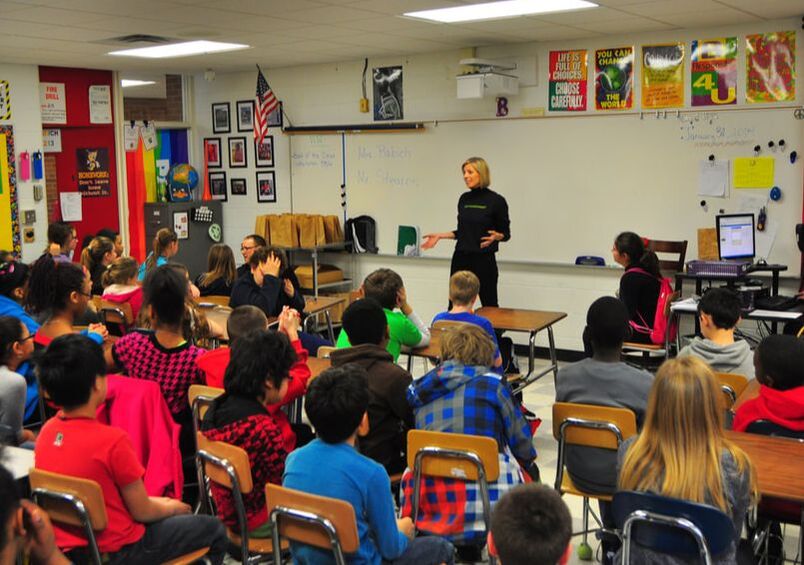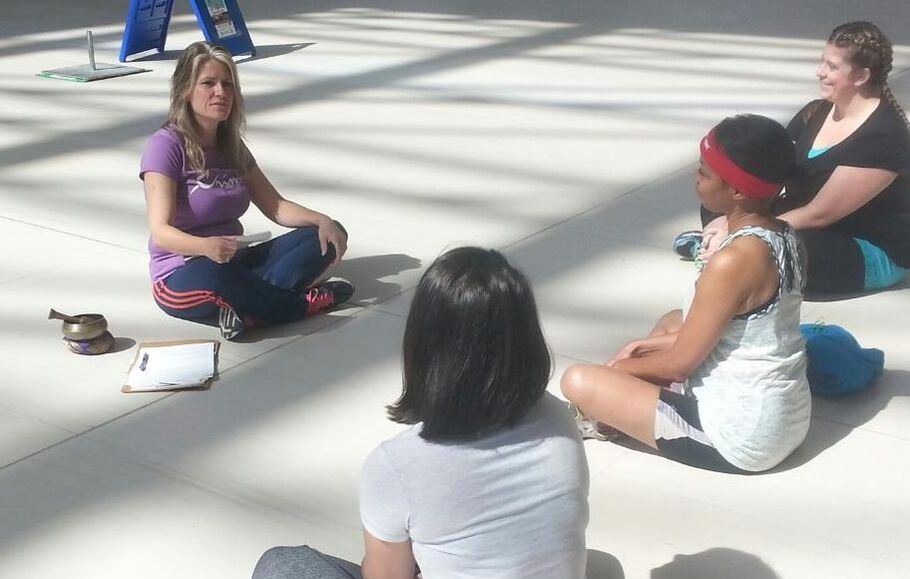Mindfulness is the capacity to experience moment to moment awareness of present sensations, thoughts, emotions and relationships. This quality of attention facilitates reflection and responsiveness to self and others with openness and compassion. It is a skill that can be learned through practice to enhance our capacity for paying attention and living a fuller, more stress-free life.
Mindfulness Benefits for TeachersTeachers who learn to practice mindfulness are able to attend to the social and emotional demands of teaching, respond with more empathy to individual student needs, and experience more joy in their work and personal life.
|
Benefits for StudentsStudents who practice mindfulness can better focus their attention, reduce their stress, manage their emotions more effectively, and may demonstrate more compassion (e.g., less bullying) with their peers.
|
Benefits for ParentsParents who practice mindfulness can cope more effectively with the stress of juggling work, children, and personal needs. They are also able to be more responsive and communicative in all of their relationships.
|
Mindfulness can be taught to adults of any age and to children as young as preschool.
How can schools educate students if they fail to support the teacher’s inner life? To educate is to guide students on an inner journey toward more truthful ways of seeing and being in the world.”
– Parker J. Palmer, Educator and Author





